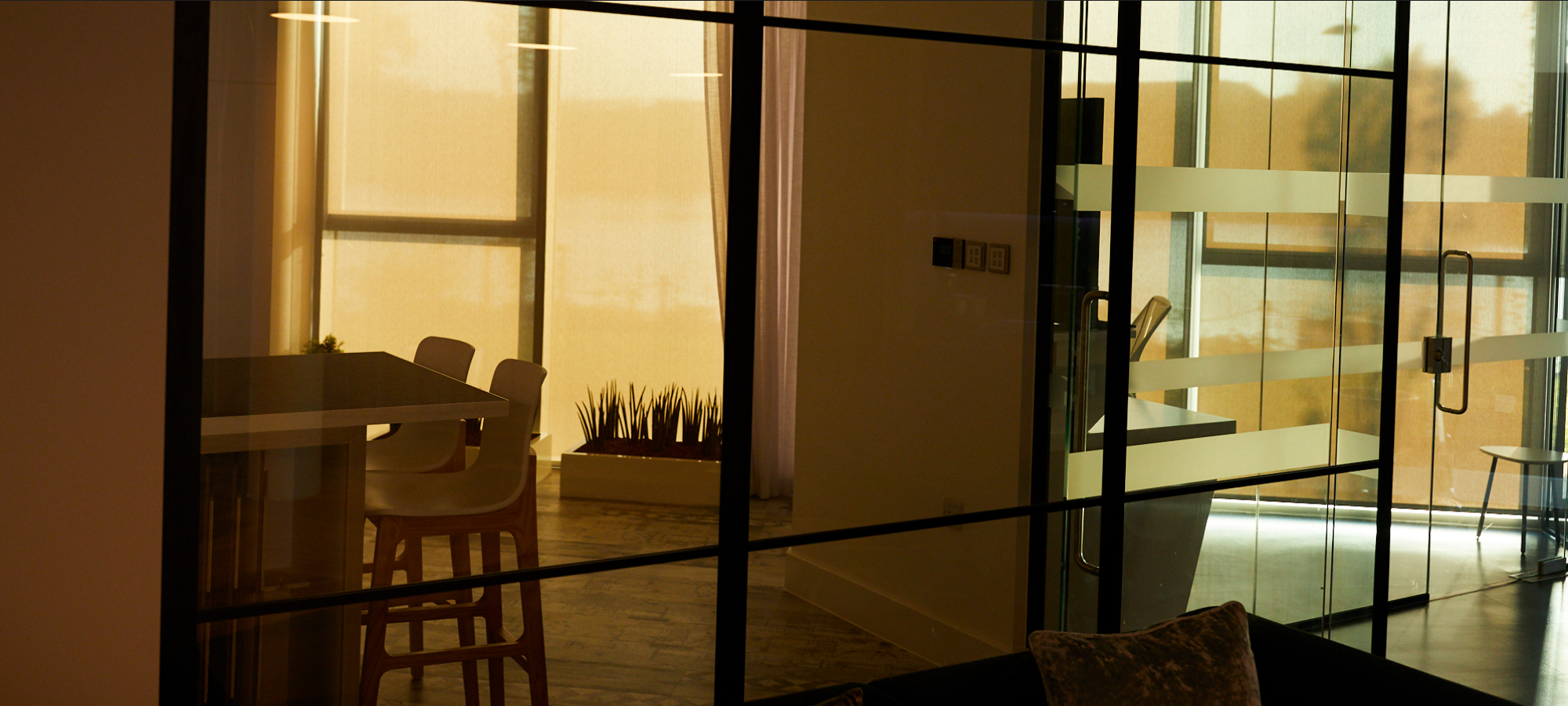
The buying process: what does a solicitor do?
When buying a home, your solicitor will play a key role in the process from start to finish. So, what exactly does a solicitor do for home buyers?
You may hear the term ‘conveyancing’ or ‘conveyancer’ in relation to the legal side of the buying process. Conveyancing is the name for the legal process of transferring a home’s ownership from one person to another. You can choose a conveyancer or solicitor to represent you legally during the buying process, as both are equipped to help.

When does the solicitor get involved?
When you make an offer on a new home, the solicitor is then brought into the process. They’ll start to draw up the draft contract, sometimes referred to as terms of engagement.
This contains all the terms of the offer, including what fixtures and fittings will remain in the home you are purchasing and what works will be carried out before the sale completes.
The solicitor will then contact the seller’s solicitor to request a draft of their contract and any supporting documents, and ensure everything is as it should be ahead of the sale.

The legal process of buying a home
During the period between the offer being submitted and the contracts being finalised, your solicitor will act on your behalf and raise queries with the seller’s legal representative.
They can also negotiate contractual terms for you, for example if the survey of the home reveals any structural issues and you want a reduction on the home price or the work to be completed before the sale completes.
The solicitor will also perform legal property searches to ensure that there are no issues that could pose threat in the future, including:
- Local authority searches
- Land Registry searches
- Water authority searches
- Chancel repair search
- Environmental search
- Location specific searches
.png)
The contracts and the mortgage
When the time comes to exchange contracts, the solicitor will draw up the final contract based on all the terms discussed with you along the way. At this point you will also have agreed a moving date, which will be included in the contract.
The ‘exchange of contracts’ is the point in the buying process where you are legally bound to the sale and neither party can pull out once this is done.
You are now legally responsible for your new home even if you won’t receive the keys until the moving date, so it’s important at this stage to have buildings insurance cover in place.
The solicitor is also in charge of checking your mortgage conditions, ensuring you have the funds for a deposit and that you have the necessary buildings insurance in place before the exchange of contracts.
When the time comes, the solicitor will then receive both the deposit funds from you and the mortgage funds from the lender. They will then be in charge of transferring the funds to the seller’s solicitor and completing the sale.
What happens between exchange and moving day?
After the exchange of contracts and before moving day, your solicitor will pay the seller on your behalf, apply for the transfer of the deeds to make your ownership of the home legally recognised, and the seller or tenants will move out (if the home is occupied).
The time period between exchange of contracts and completion of the sale can vary from the same day (sometimes the case with new build homes that are already built and ready to buy and you don’t have a home to sell) to several months. It all depends on yours and the seller’s circumstances and the chain (if the seller is buying another property they might have to wait for their seller to be ready to move and so on).
During this time, you should start preparing for your move. We’ve got some useful tips for making sure moving day goes smoothly.
Your solicitors will send a final statement of what is due (i.e. the deposit and Stamp Duty Land Tax if payable), which needs to be paid at least one day before completion.
.png)
How your solicitor can help after completion
On completion day, the seller’s solicitor will contact the seller to let them know all funds have been received and the keys will be dropped at the estate agent or specified collection point. And you’re officially the owner of your new home!
Your solicitor’s job isn’t done when you get the keys. They’ll continue to tie up loose ends, including paying your Stamp Duty and sending you all your legal documents for safe keeping (typically around 20 days after completion).
They’ll also send your mortgage lender a copy of the title deeds and notify the freeholder if the home is a leasehold property.
Then, when all this is completed, they’ll send you a final bill for their services.







